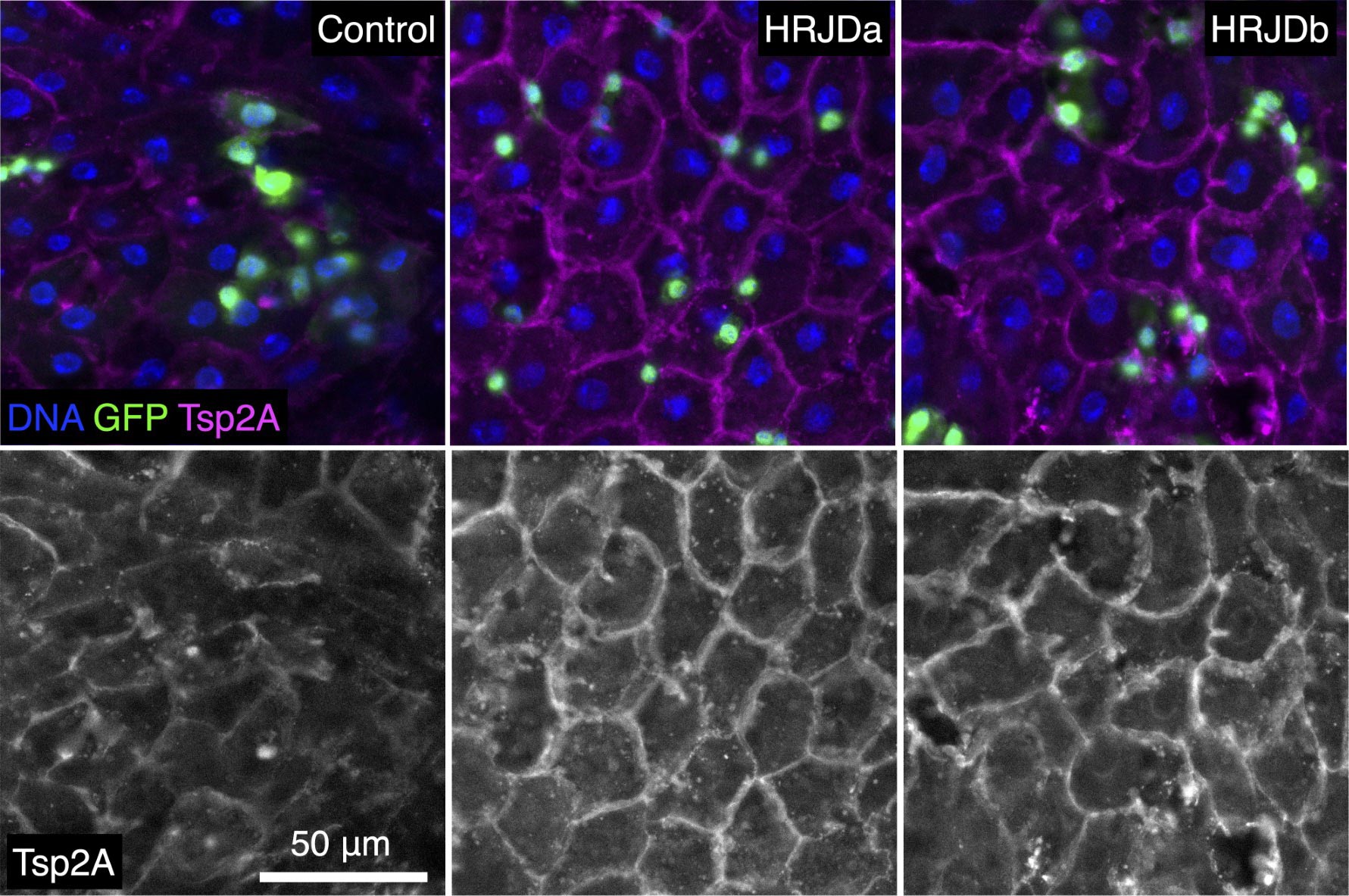Quest for eternal life: Japanese scientists push back aging with regeneration
Follow us on Google News (click on ☆)

Researchers from the University of Tokyo have introduced regenerative genes from simple organisms into fruit flies, more complex animals. This manipulation eliminated age-related intestinal issues in the flies. This discovery paves the way for in-depth studies on the genes of highly regenerative species to rejuvenate stem cells and extend the healthy lifespan of organisms.
Professor Yuichiro Nakajima and his team targeted specific genes from highly regenerative species, the high regeneration JmjC genes (HRJD), and transferred them into Drosophila melanogaster. Their goal was to examine the effects of these genes on the regeneration and aging of fruit flies.
Although the modified flies did not regenerate injured tissues, Hiroki Nagai observed an increase in the division of intestinal stem cells and a suppression of poorly differentiated cells in the aged flies, which had a notable effect on their longevity.

The two images on the left show intestinal proteins disrupted by aging, while those on the right show the same proteins better preserved thanks to HRJD genes.
Credit: ©2024 Hiroki Nagai CC-BY-ND
The experiments were lengthy, as the aging process of the flies takes about two months. Despite the difficulties, the obtained results open up prospects for new anti-aging strategies and stem cell-based therapies in humans.